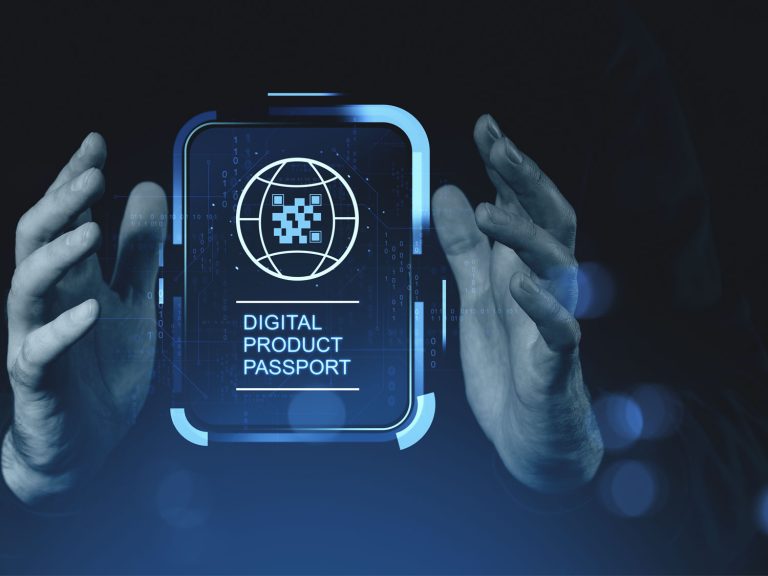
Date:
The EU’s Digital Product Passport
The European Union is introducing a new product reporting regime that will reshape how goods are traded across the region. The Digital Product Passport (DPP) will become mandatory for a growing list of product categories, starting from 2026, and will require detailed, standardised information to accompany goods throughout their lifecycle.
This initiative forms part of the EU’s Ecodesign for Sustainable Products Regulation (ESPR) and supports the region’s transition to a circular economy. For UK exporters and EU importers alike, it signals a fundamental shift in compliance and data-sharing expectations.
The Digital Product Passport will store structured information about a product’s materials, manufacturing origin, use, and disposal – all tied to a unique digital identifier. The aim is to make supply chains more transparent and help regulators, businesses and consumers make more sustainable decisions.
The data will be accessible via scannable tags or embedded links, and will need to be kept updated throughout the product’s life.
Required details may include:
- Material composition and sourcing
- Repair and recycling instructions
- Safety and conformity data
- Energy or emissions profiles
- Supply chain traceability
Phased rollout by sector
The DPP will be rolled out gradually by sector and intermediate materials:
- 2027 – Textiles & apparel, tyres
- 2028 – Furniture
- 2029 – Mattresses
Intermediate materials:
- 2026 – Iron & steel
- 2027 – Aluminium
This means UK manufacturers and exporters serving these sectors must prepare to meet new digital reporting standards for goods entering the EU. Importers, meanwhile, will need systems in place to validate and manage this data as part of their compliance procedures.
Prepare Now
Although final technical specifications are still being defined, it’s essential to start preparing:
- Map your product data and assess what’s missing
- Engage with suppliers and manufacturers to trace information across tiers
- Review IT systems to understand how DPP data will be stored, shared and updated
- Anticipate regulatory checks at borders or in-market
The process may be complex, especially for companies working across multiple supply chain layers. But businesses that act early will be better placed to comply and to gain customer trust in increasingly sustainability-conscious markets.
At Metro, our technical solutions team is already exploring the digital infrastructure and data workflows that will be needed to meet DPP requirements. We’re helping UK exporters and EU importers plan ahead, manage compliance risk, and unlock long-term value from enhanced supply chain visibility.
To learn more or discuss how Metro can support your preparation for the DPP, EMAIL our managing director, Andrew Smith.
